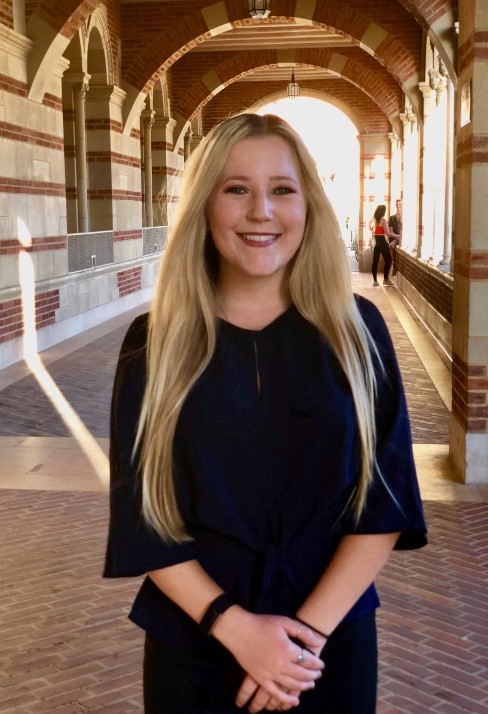By Ally Zweigle, Intern
Throughout my time at TREC, I progressed from knowing very little about what kidney disease is like for those who have it, let alone its astounding effects on both the diagnosed individual as well as those around them, to being convinced that I should someday donate my own kidney to someone in need. Perhaps this was a consequence of one of my internship assignments, which was to code video submissions for the Living Donation Storytelling Project aimed at increasing living kidney transplant donations. Besides convincing me to inquire about my own potential future donation, coding the ELD videos opened my eyes to the kidney donation process and just how little the price of donating a kidney is compared to losing a loved one to a treatable condition. It was truly touching to watch donor after donor claim that they have no regrets after donating a kidney and saving a total stranger’s life, and that they would do it again if they had more kidneys to give. It made me realize the critical need to enhance the public’s knowledge of living kidney donation as an integral strategy for bridging the gap between the number of living donors and the number of patients on the transplant waitlist.
I also helped to invite potential storytellers to share a story as part of the library by reaching out to them on social media platforms such as Instagram. I would sift through hashtags such as “#kidneytransplant” or “#kidneywarrior” to identify accounts of individuals involved with kidney transplantation, living donation, dialysis, or patient advocacy, whom I would then message with information about the library. What I learned besides how genuinely willing and eager donors and recipients are to share their stories is that the kidney transplant community is a tightly-knit, congenial, and resilient community that spans the entire globe. With only a few scrolls through the comments section of kidney donation posts, it is not uncommon to see posts in several different languages of people wishing their bests for a speedy recovery or of people expressing words of sincere appreciation for a stranger’s donation. This worldwide and unique transplant community makes undoubtedly clear how bonding the experience of kidney donation and transplantation truly is.
My time at TREC has been invaluable for learning both about this wonderful community of donors and recipients that are physically involved in the kidney transplant process and also about institutions such as TREC whose overarching purposes are to improve the lives of those afflicted by kidney disease. I have appreciated my overall time at TREC as much as I have appreciated listening to every transplant story directed my way, and I am excited to continue supporting the future of kidney donation as an ally to this community.

